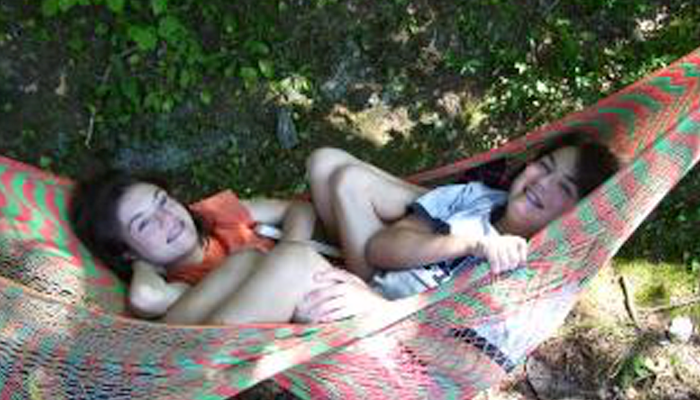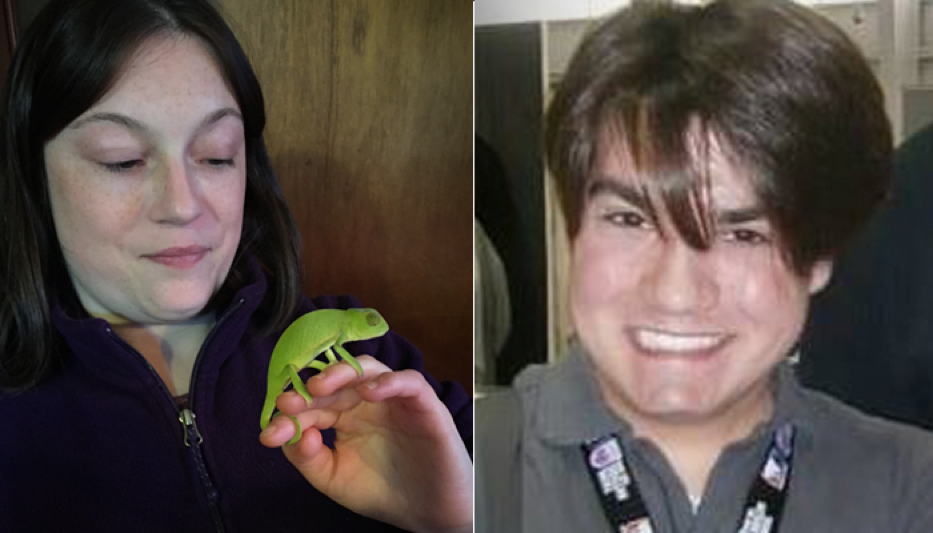Lessons learned after five heart transplants
“People say I’m strong,” says Dominique Lapin. “They don’t understand … I don’t really have a choice but to be strong. I’m the ring leader.” In 1986, Dominque’s first child, Phillip, died at 19 days old of complications from congenital heart disease. Her husband, Mark, then learned he would need the first of two heart transplants he would ultimately receive. Since then, Dominique’s son Stephan has had two heart transplants her daughter Lise has had one.

Dominique offers advice to other parents on how to remain strong for your children through transplantation and how best to help them transition to adult care.
1. Honesty is the best policy. “I’ve always preferred doctors who are frank, so I’m the same way with my kids. I don’t sugarcoat anything for them. I’m the first person they talk to because they know I’ll give them an honest answer.”
2. Nature is therapy. “Over the years, whenever one of the kids was recovering, we’d get outside. We’d walk around a garden or pond or go for a short hike. We spent so much time inside, just being in nature together was the best therapy.”
3. Trust in your ability to cope. “People ask me how I haven’t gotten divorced or given up in one way or another. It’s because I’ve learned coping skills over time. It’s like an emergency room doctor who has seen so much, but gets into a certain frame of mind to give each new situation 100%. Trust yourself. You too will learn your own best way to cope with the pressure.”
4. Know when to seek help. “You can’t do everything. Forgive yourself now for the inevitable times when you will break down from mental or physical exhaustion, and take a break. Reach out to an advocacy group online, see a friend for coffee or get a massage. One thing I’ve always done that helps is to meet with a therapist after a transplant. Sometimes you’re so in the middle of everything that you need an outsider to simply remind you that you’re doing alright.”
5. Be patient as your child transitions. “At a certain point, our kids wanted to transition to an adult setting. At Boston Children’s, they always listen to parents because they know we are the experts on our children – we know them best. In the adult setting, it’s not as holistic. They expect patients to self-advocate. It’s a tough transition for everyone – don’t rush it.”
6. Learn to let go, but support as needed. “My goal now is to get my kids to take complete ownership of their medical needs. It’s a process of teaching them why it’s important to take their medications, what to ask at appointments and how to be assertive. I try not to be a helicopter parent, but I know that even adult patients have a hard time advocating for themselves because they’re so emotionally invested. Everyone needs a partner through a serious medical journey who can ask questions in an appointment and remember the doctor’s answers. It can be a life or death situation.”

It’s been a long journey to get the Lapins to where they are today. Today, Stephan, 26 and Lise, 28, are working and graduating from college. Lise is in the early stages of transitioning to adult care, and Stephan is almost there. Dominique still goes to his doctor’s appointments at Mass General, but sits there quietly so the doctors develop a relationship directly with him. If he doesn’t know the answer to a question, he’ll look to his mom for help.
Dominique says, “Once he stops looking at me for answers, I’ll know he’s ready to manage his own care. But he knows that I will always be close by when he needs me.”
